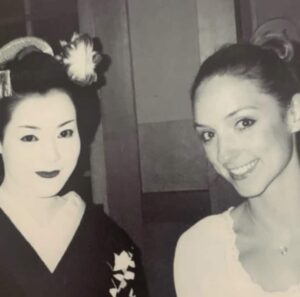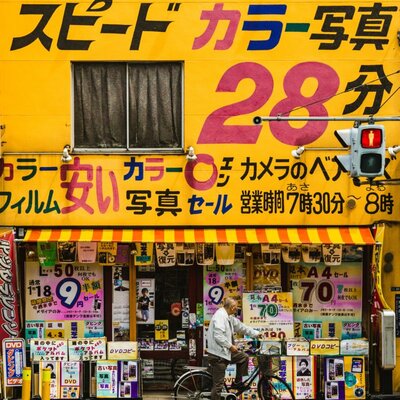
I am asked so so so often… “Is it really important to carry cash in Japan?”
I get this question so often that I decided to address it in more detail than I speak about in my Preparing for Japan post.
The answer is 100% yes.
Japan is making slow movements towards a cash free society but I don’t think it will change for many many many years.
Many people argue that Japan has become CASH-LESS since the beginning of the pandemic but I say that this is not entirely true. It has gotten better as accepting card but for tourists, shopping with smaller businesses or in the countryside OR around temples, markets and food stalls… you will still need cash.
Where will I need to pay cash?
As a rule of thumb..
Hotels and train tickets? Credit cards ok.
Temple & Shrine entrance fees? Cash
Food Stalls & Food Trucks? Cash


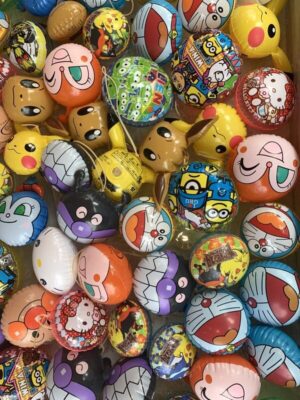
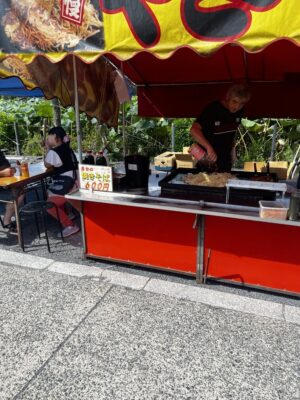
Most shops in department stores and larger, more well known restaurants? Credit cards ok.
Smaller Mum & Pop restaurants and food stands? Cash
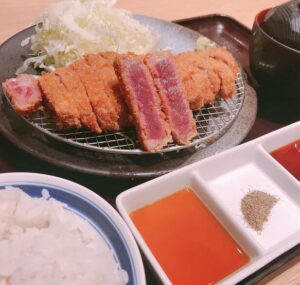
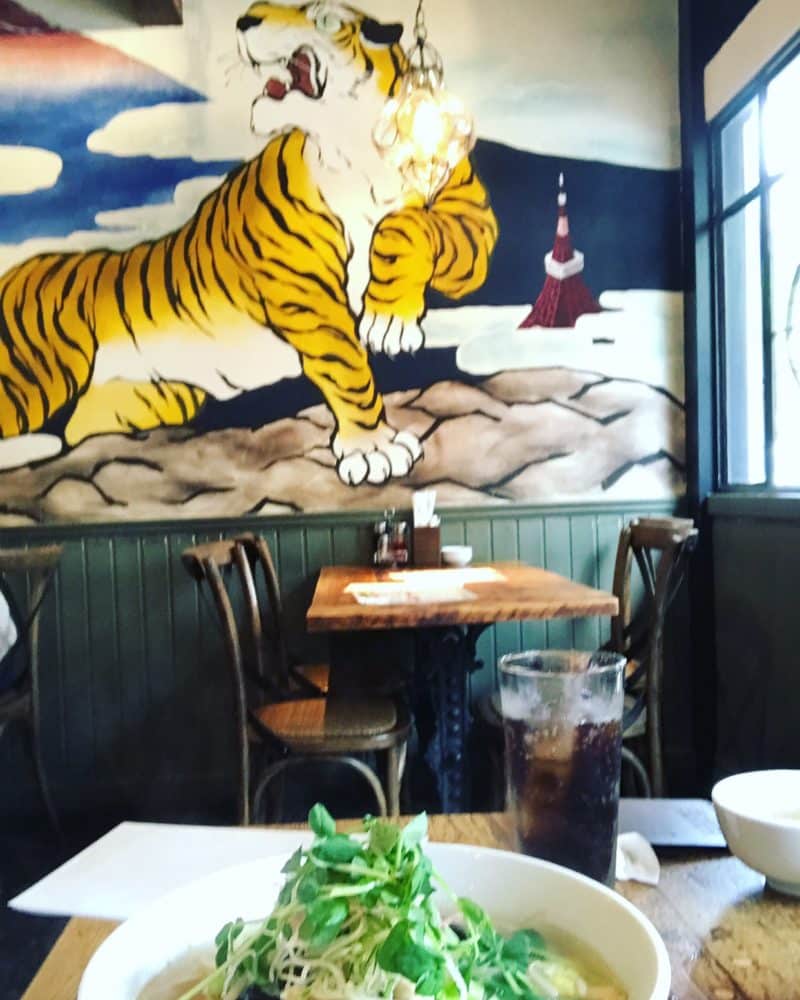
For example, this incredible ramen spot in Shibuya only accepts cash. This is from my Shibuya with kids blog post.
Another example: Hole in the Wall style ramen like this is often cash only.
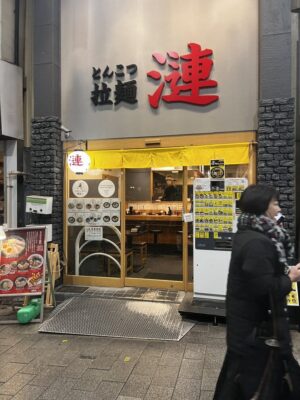
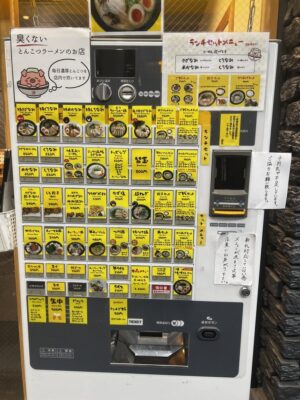
I don’t recommend this spot for small kids but if you are travelling with kids who are 10+ or are teens, I recommend visiting a ramen restaurant called Ore Ryu Shio Ramen. Shio Ramen means “salt ramen” – as the ramen stock/soup is quiet simple and mild. The tables are filled with different condiments – you can make your ramen spicy or garlic-y or sweeter etc. First thing to do is try the broth and then add as you go. A bowl of ramen here will cost a little under 2000 yen. They sell ramen and tsukemen here. This is a walk-in restaurant only (no reservations.) Cash only.
They have an English and Japanese menu. See here for instructions on how they recommend you add the condiments and flavours to your ramen.
The restaurant is 8 mins walk from Shibuya Station (it’s a bit of a walk up the hill but it will take 8 mins.)
ORE RYU SHIO RAMEN
渋谷区道玄坂1-22-8 朝日屋ビル1F
GROUND FLOOR, ASAHIYA BUILDING, 1-22-8 DOGENZAKA, SHIBUYA
OPEN EVERYDAY 11AM-6AM THE FOLLOWING DAY
Many 100 yen stores? Cash
Convenience stores ? Mixture of credit card and cash (depends on the store, your credit card company, where it is located.)
Taxis? In the city – cards, in the countryside – sometimes cash only.
Vending machines ? Most are cash only
Remember that the further you are from Tokyo and Osaka, the more likely it is that you will need to pay in cash.
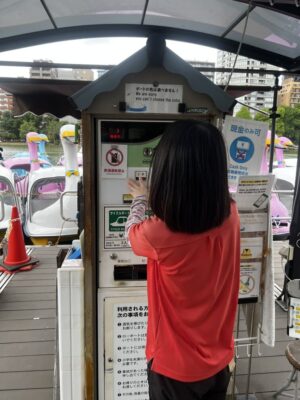

How much cash do I walk around with?
Like on any holiday, I would try and pay for as many accommodation and travel options ahead of time.
Then, as a Mum with children, I prefer to walk around with approximately 30,000 yen ( or approx equivalent to at least 300 US dollars) on me at a time. That is just so I always have a back up if we get stuck, needed an emergency trip to the hospital, a taxi ride to whisk a “mid-tantrum” child away OR incase a credit card doesn’t work at a restaurant.
This is really weird if you’re from a society where you rarely carry around more than 20 dollars at a time.
What if carrying cash makes you nervous?
You can split the cash between people in your group. You could put cash on a Suica or Pasmo card as many chain restaurants, trains and even some vending machines will accept payment in that manner too.
Japan is a very safe country but, of course, you need to be careful ( I don’t want anyone to get too complacent.) But if it makes you feel better, many Japanese people pay for 3 days of a hotel bill in cash! It was such a culture shock for me, at first.
Do I need a physical credit card in Japan?
Yes, you do need a physical card in Japan (this is something that my American readers seem to struggle with most.) Tapping or using apple pay is fine for some major branded shops and malls in big cities but not for smaller shops and definitely not for in the countryside. Please make sure you have a physical card AND cash.
If, at the end of your trip you have lots of Japanese coins left, here are some ideas on what to do with them.
If you’re the type of person who loves a checklist of everything to pack for a holiday in Japan – then you’ll love my blog post here.




